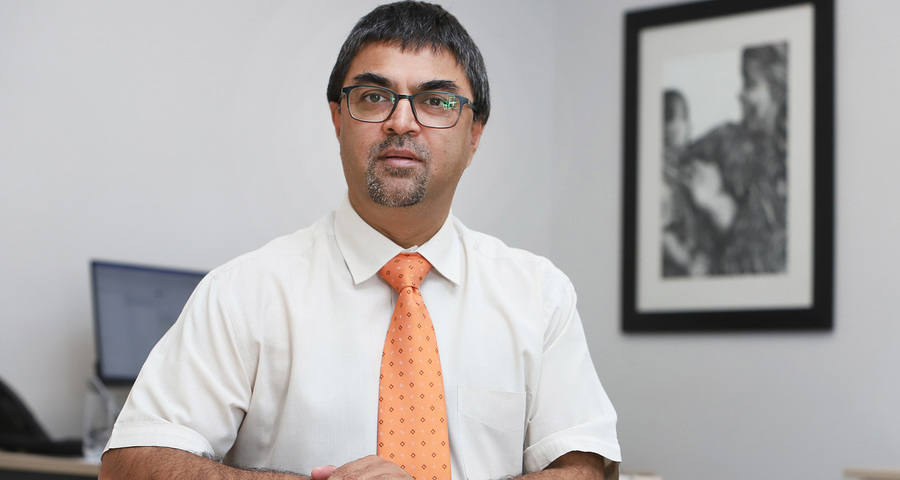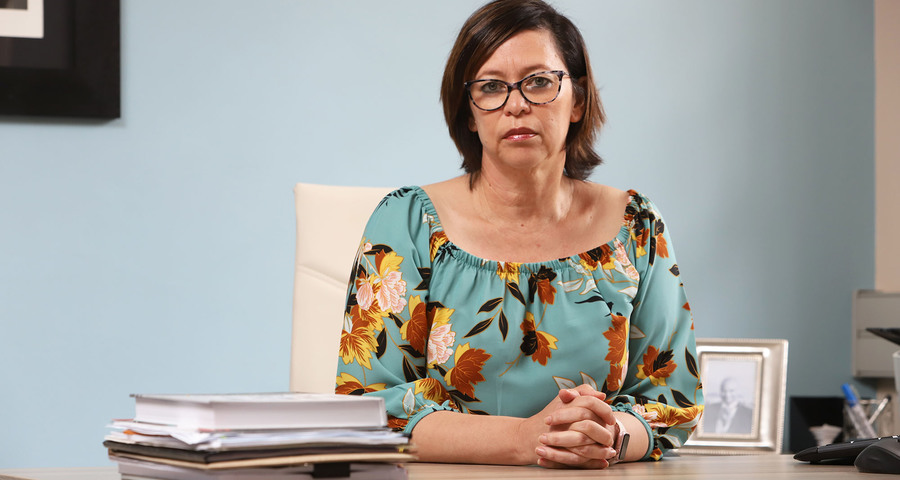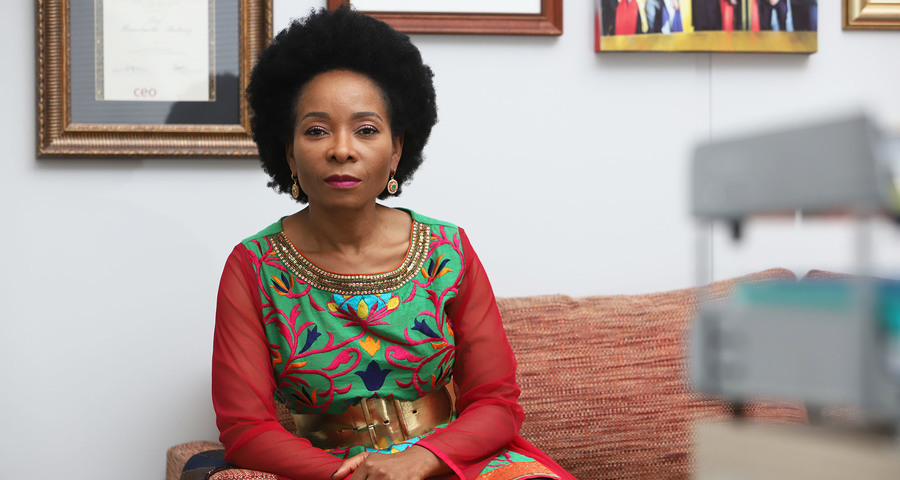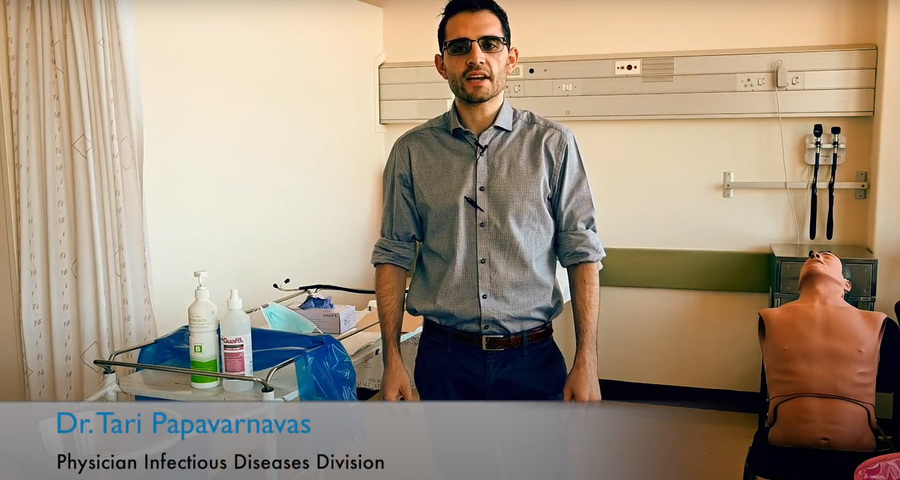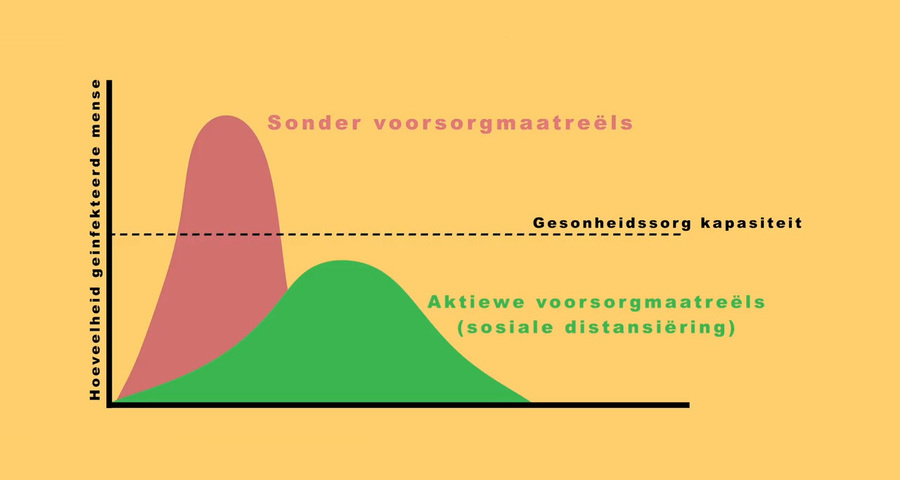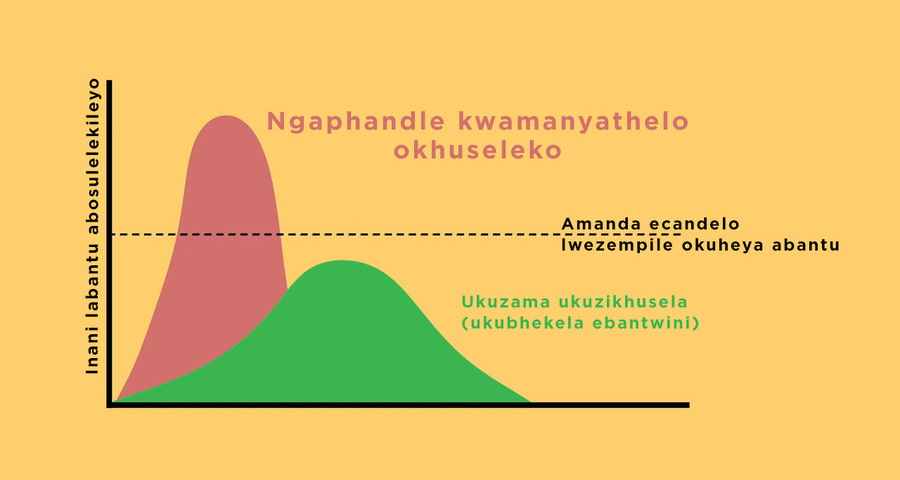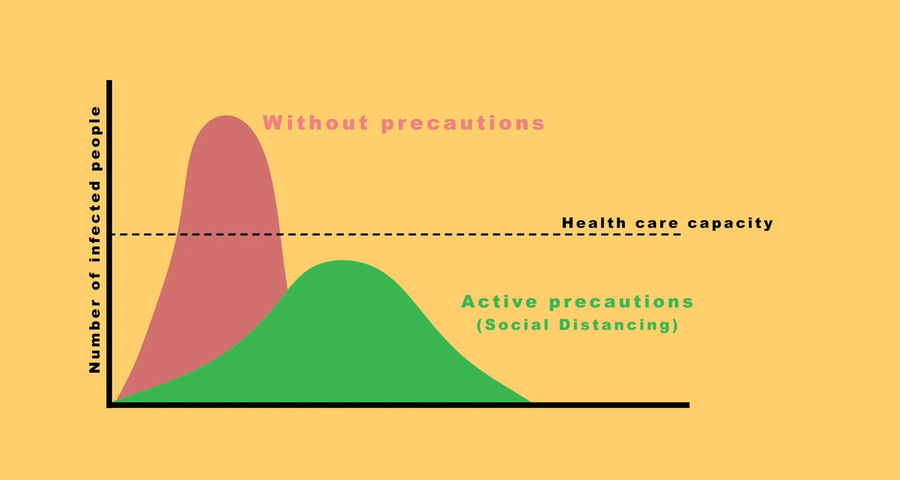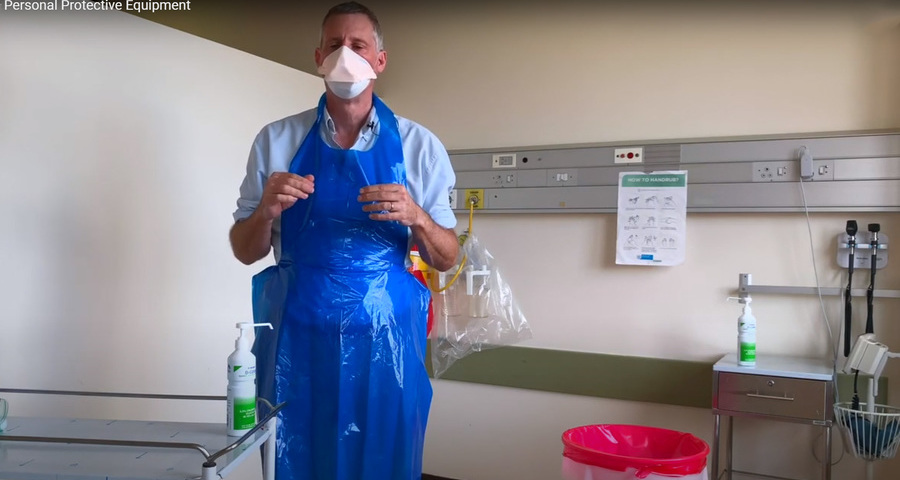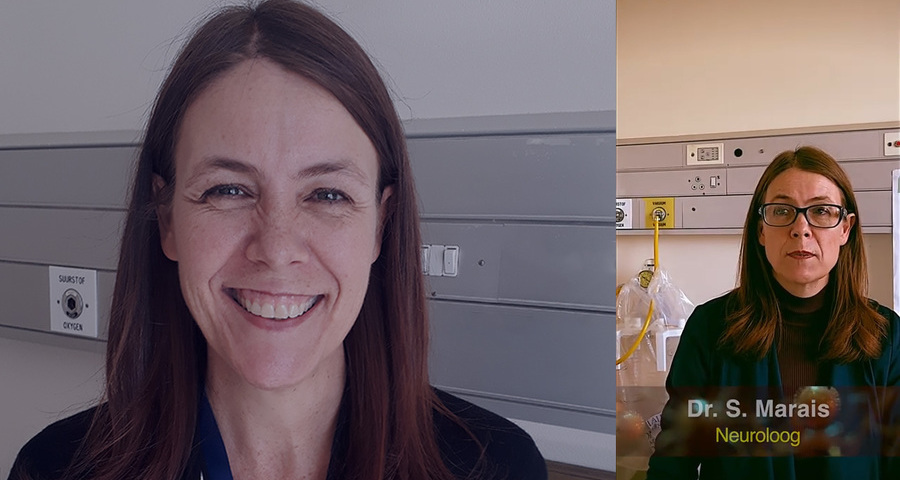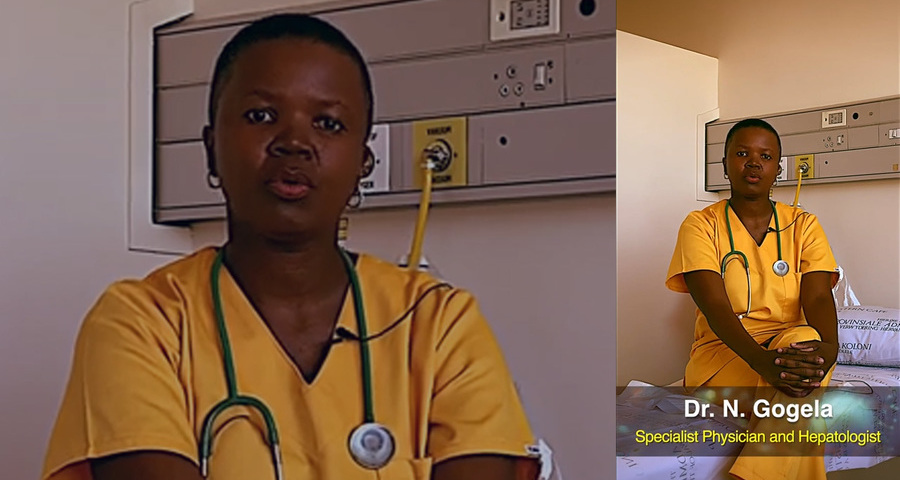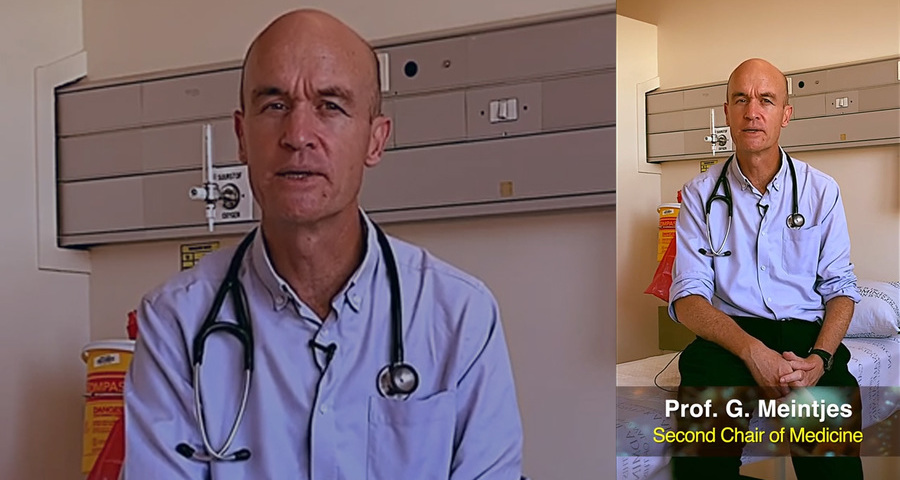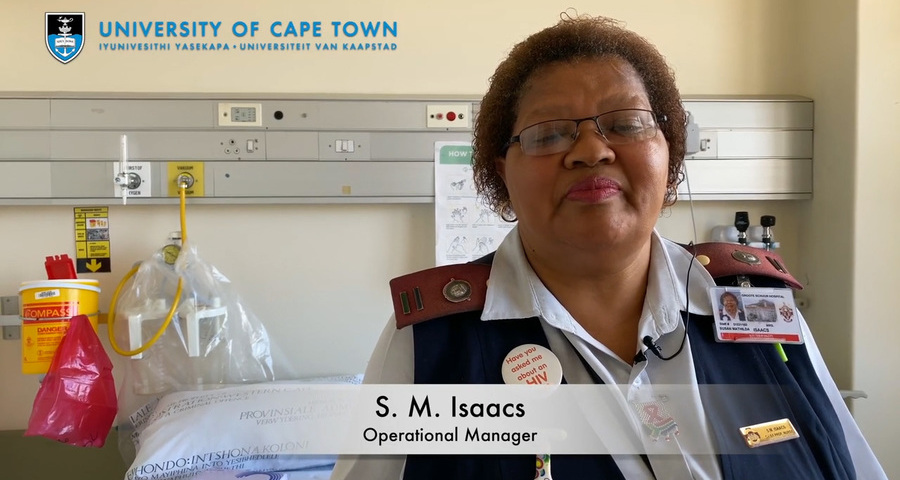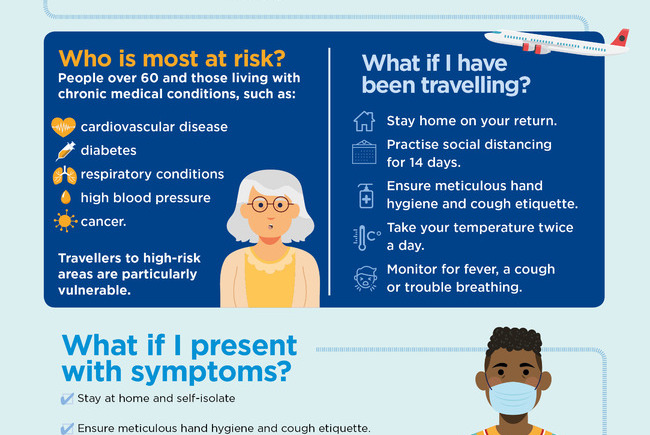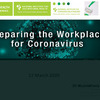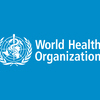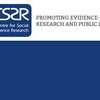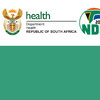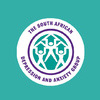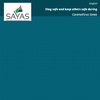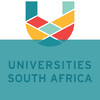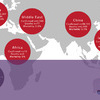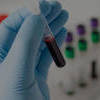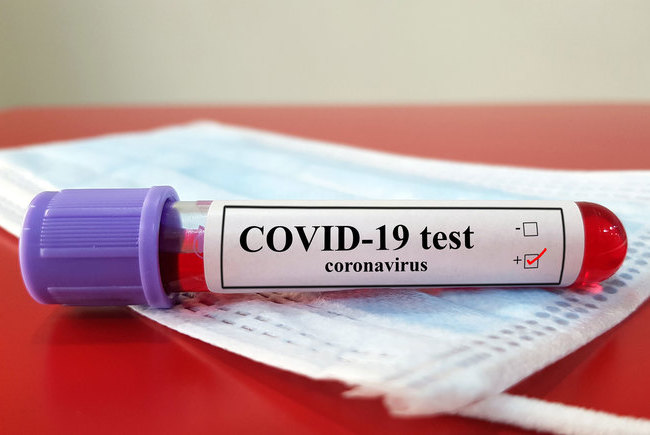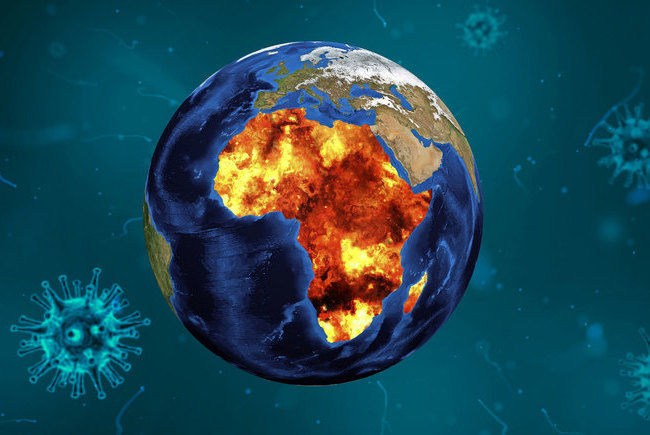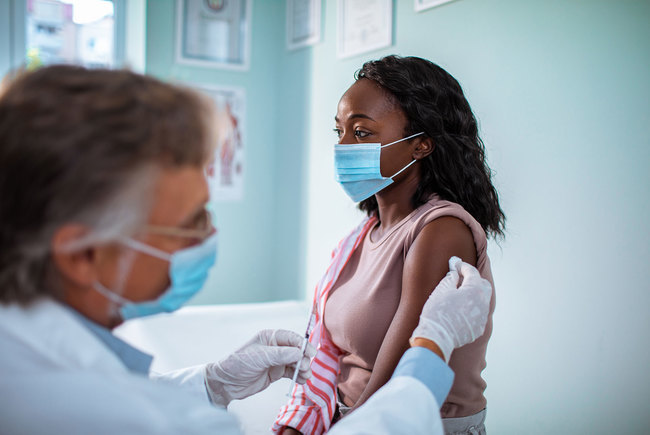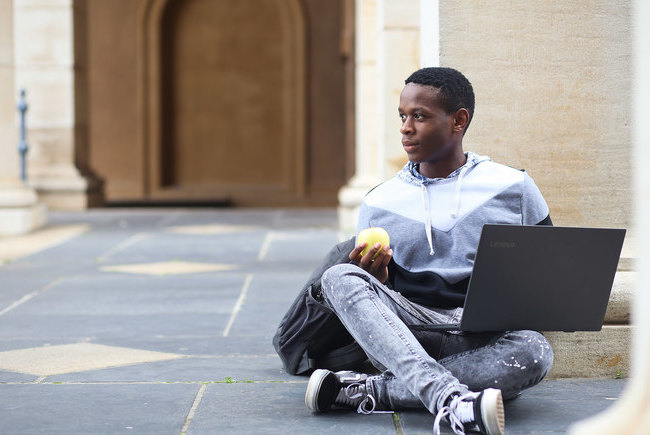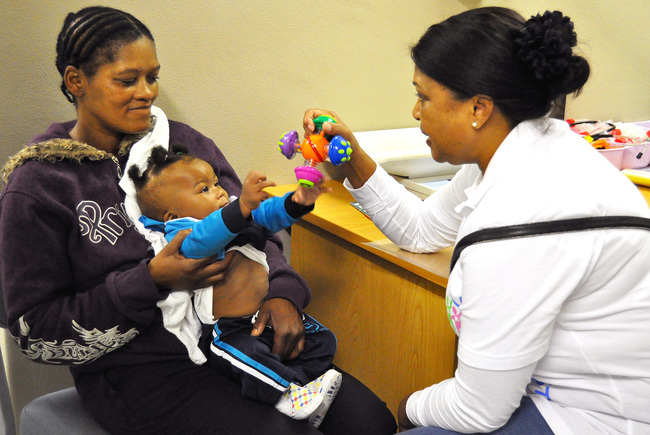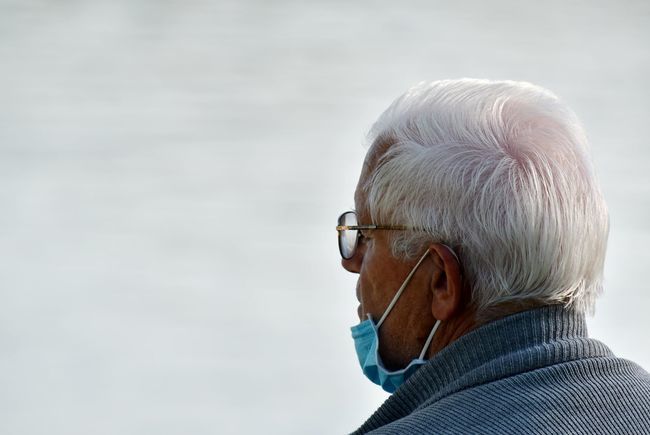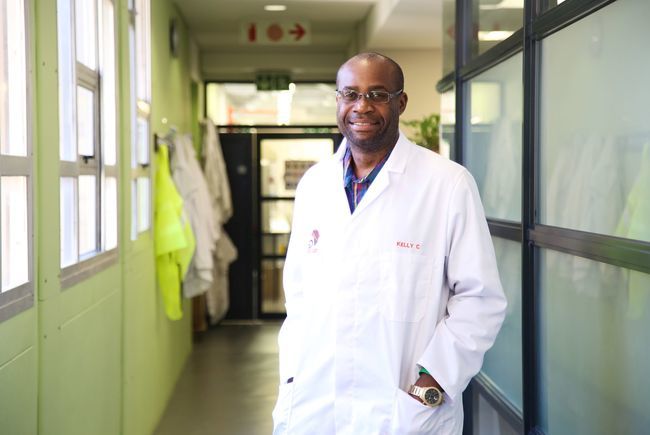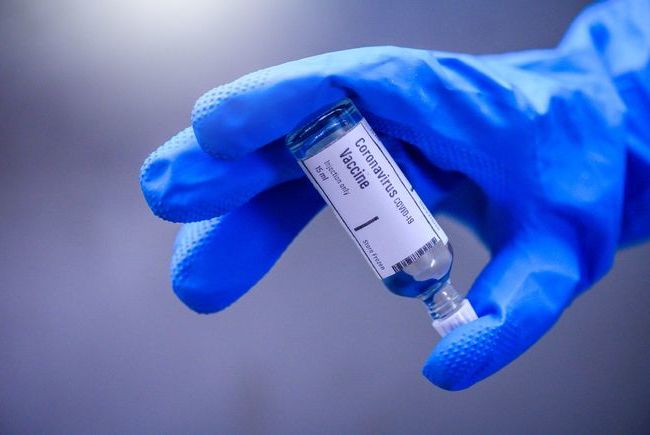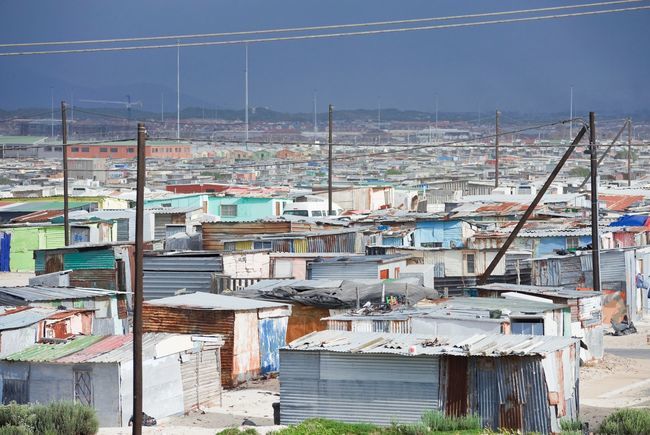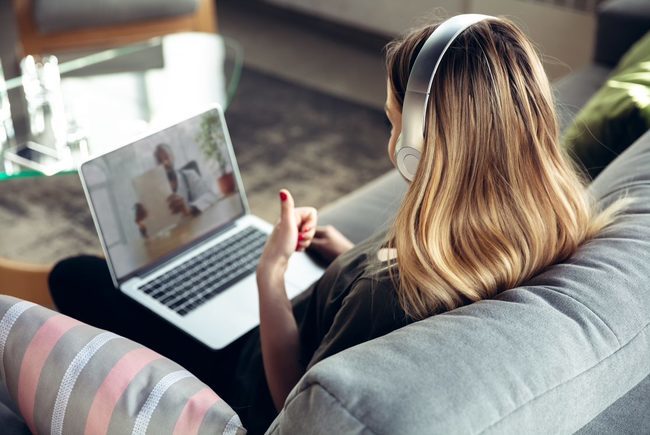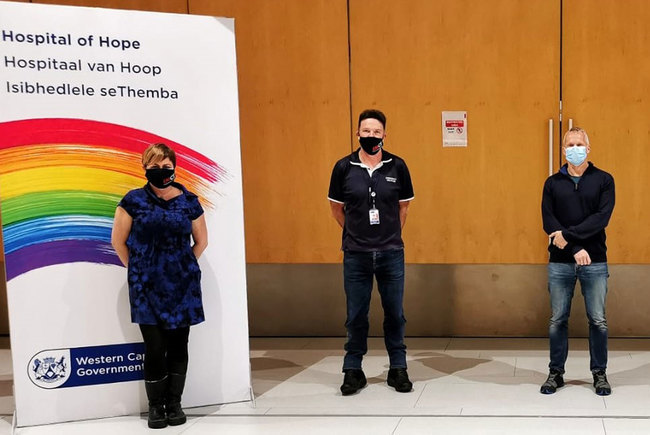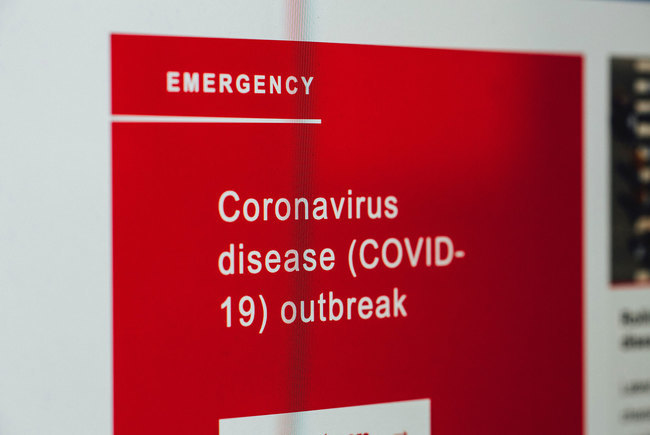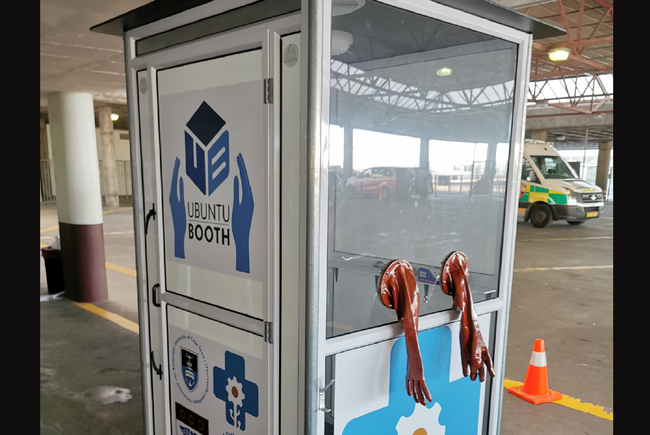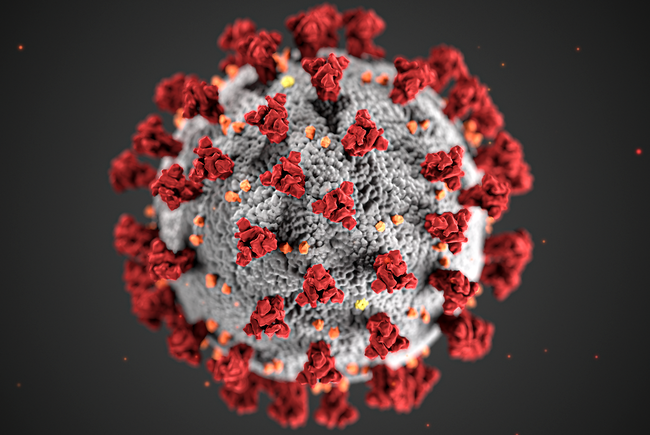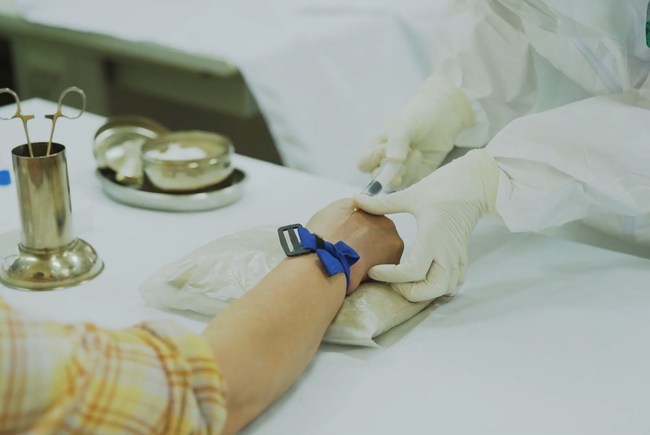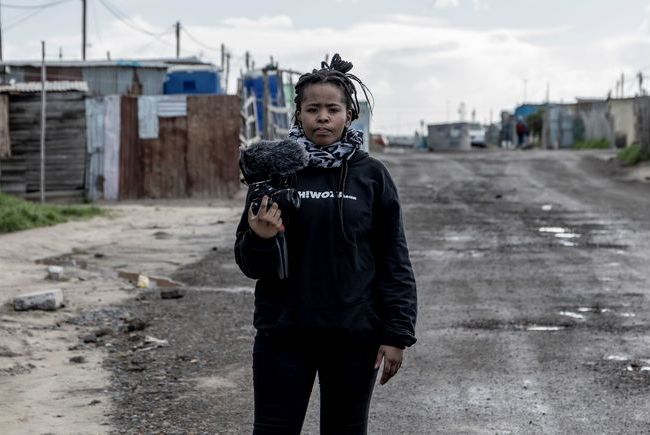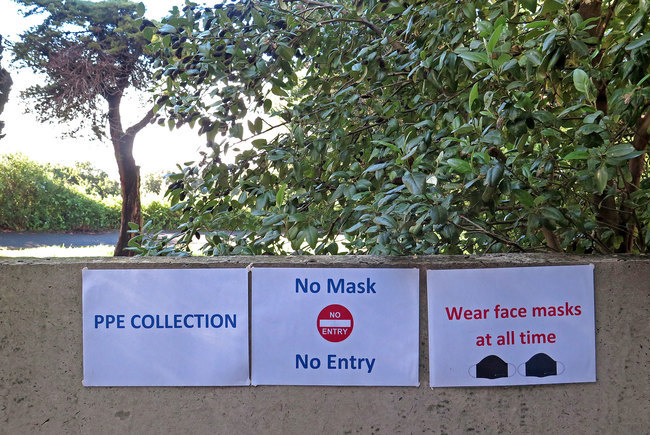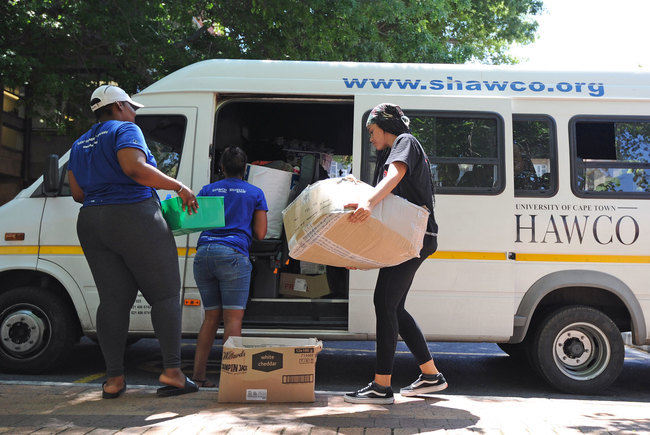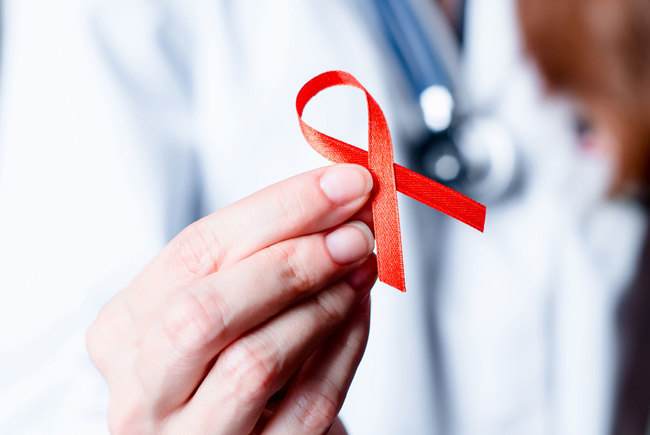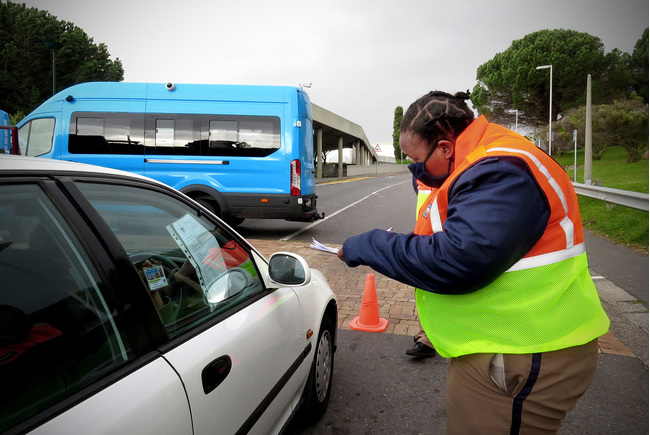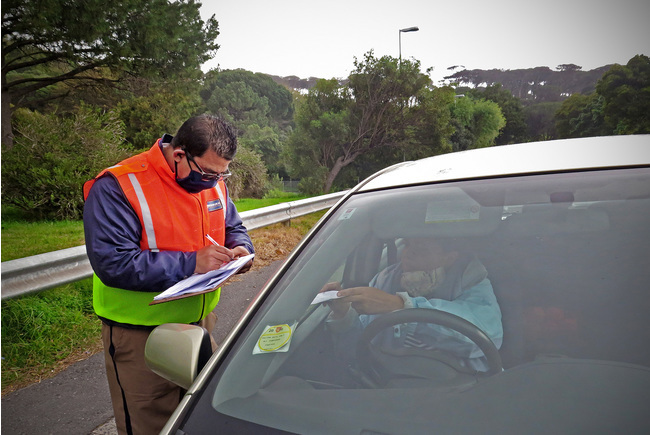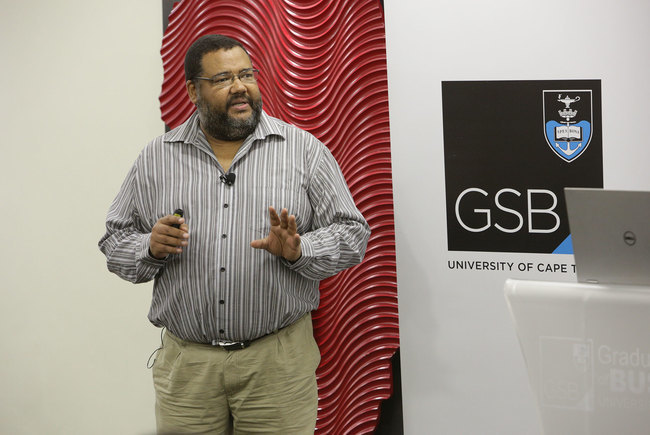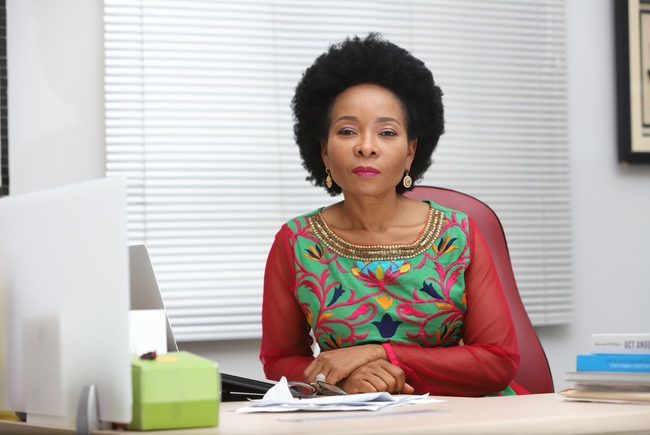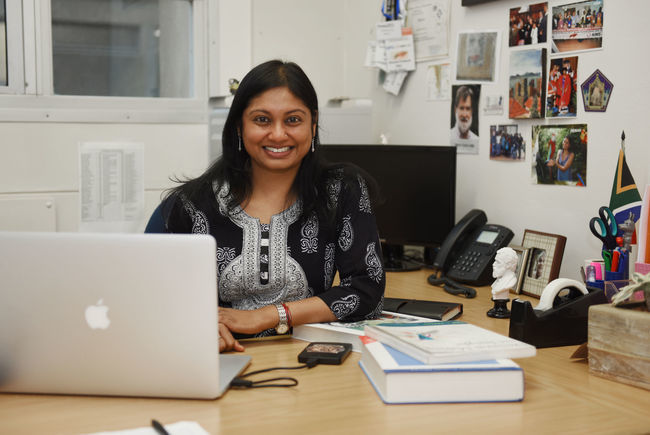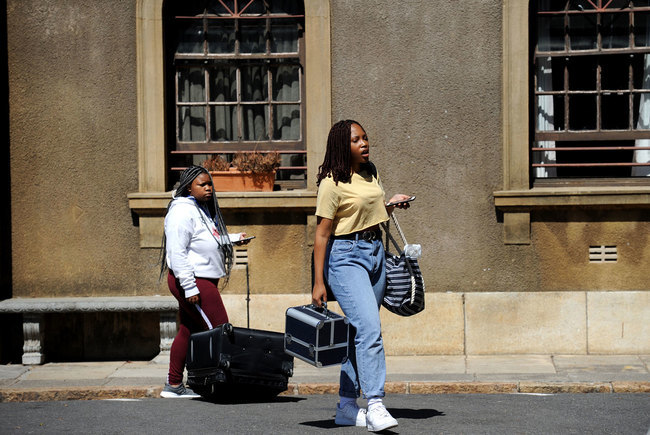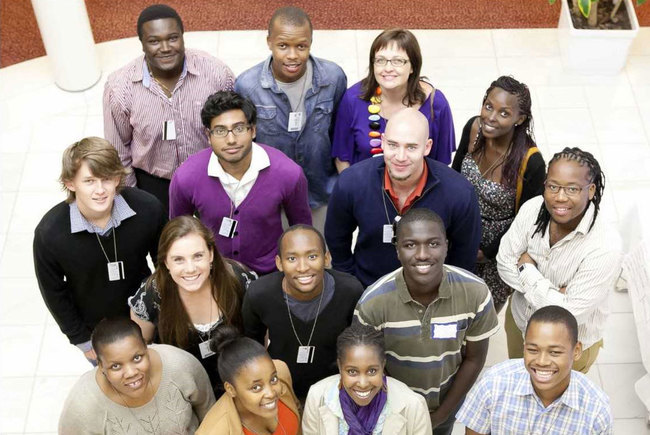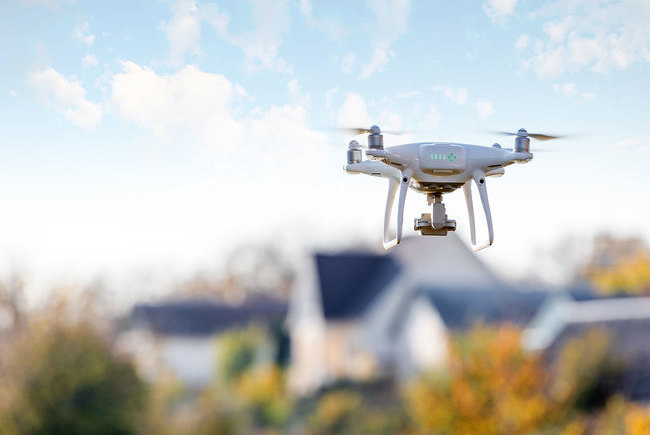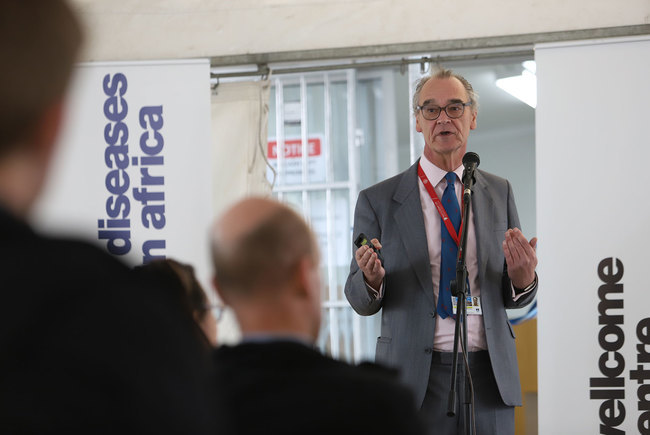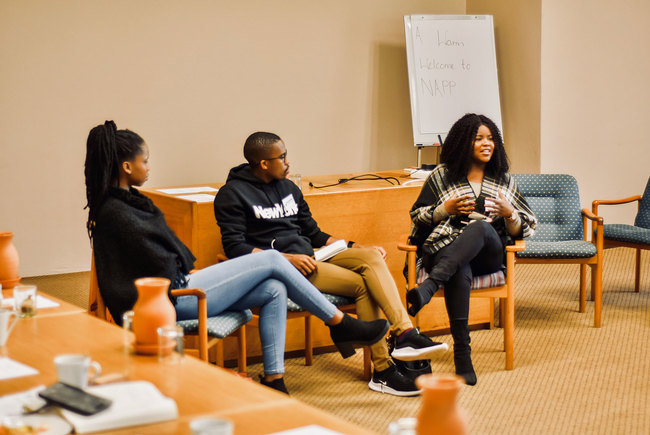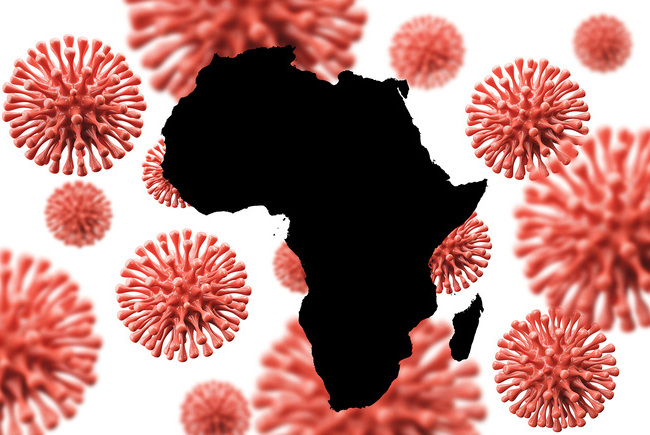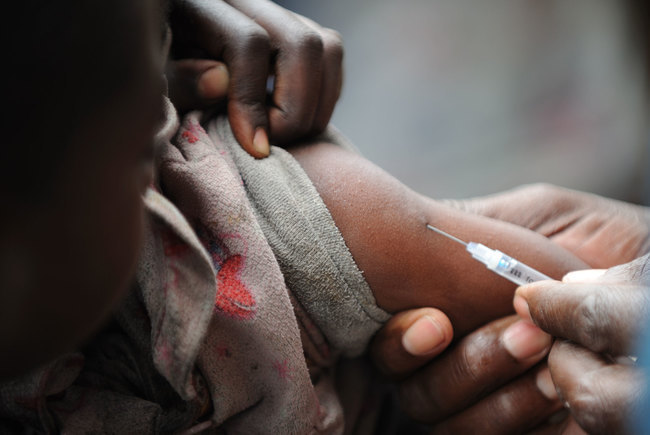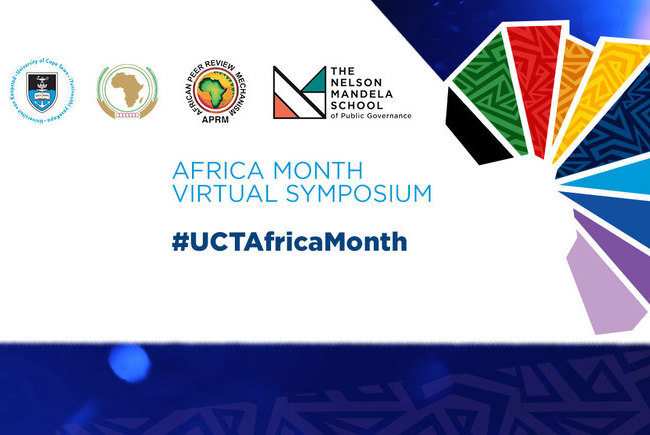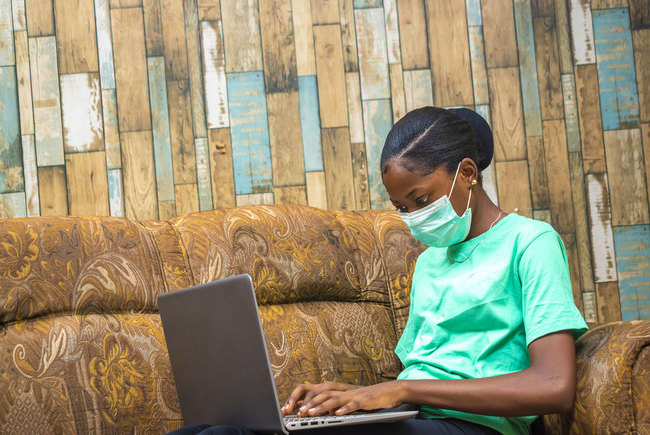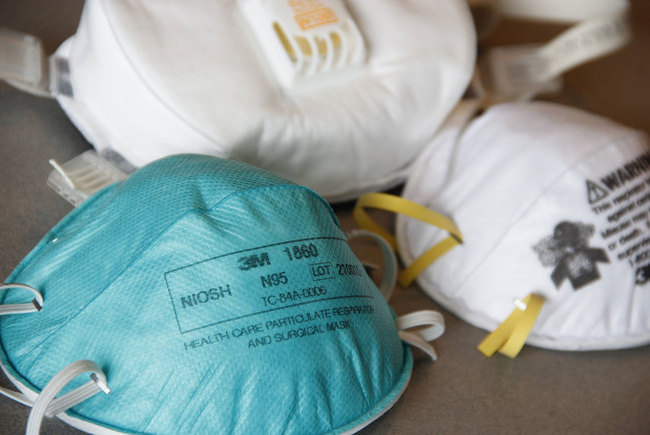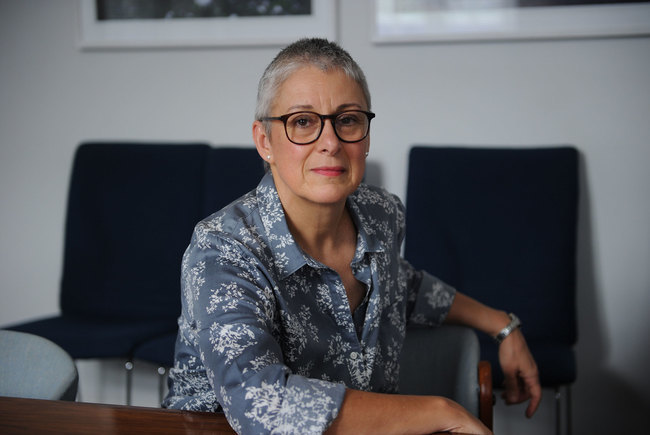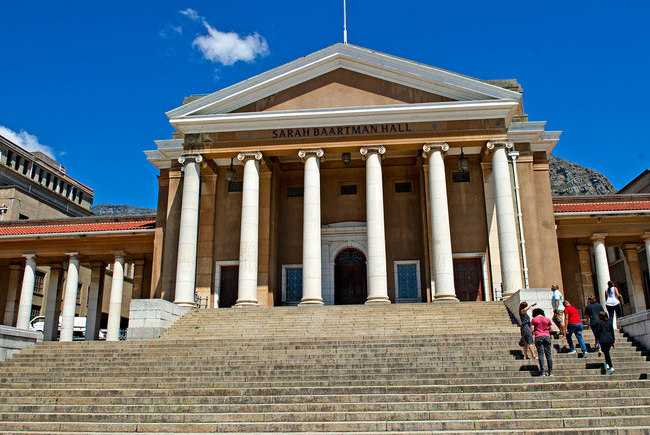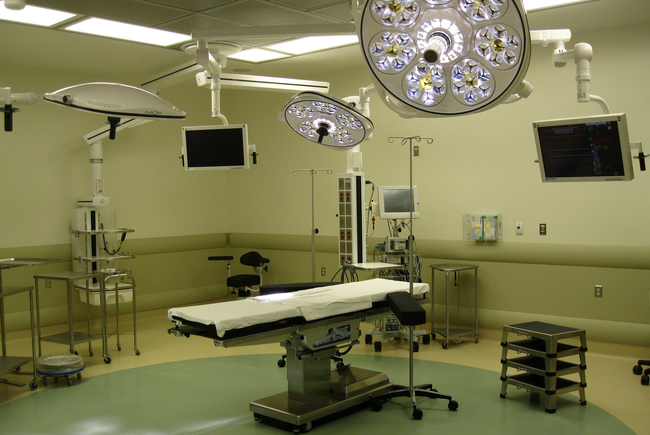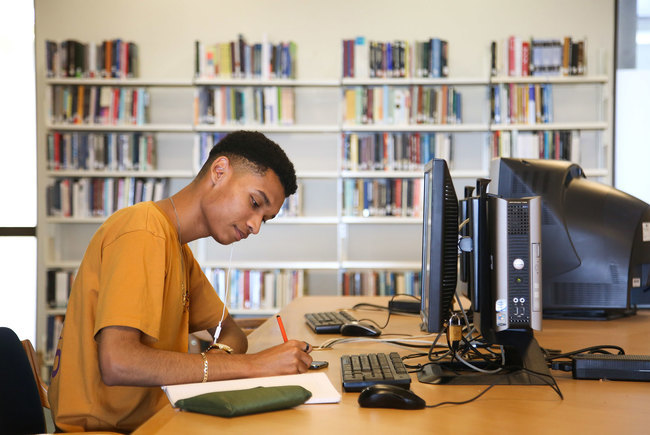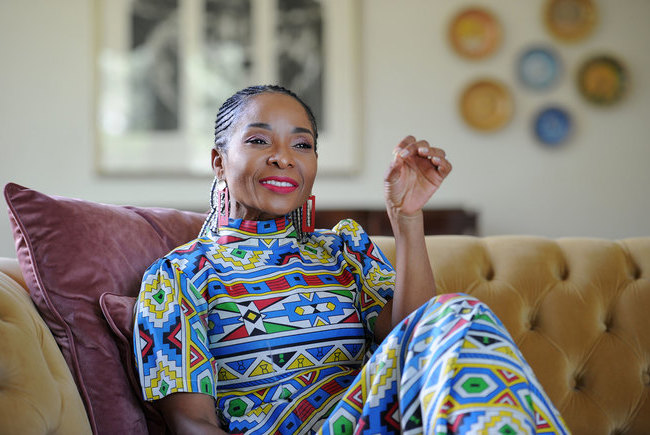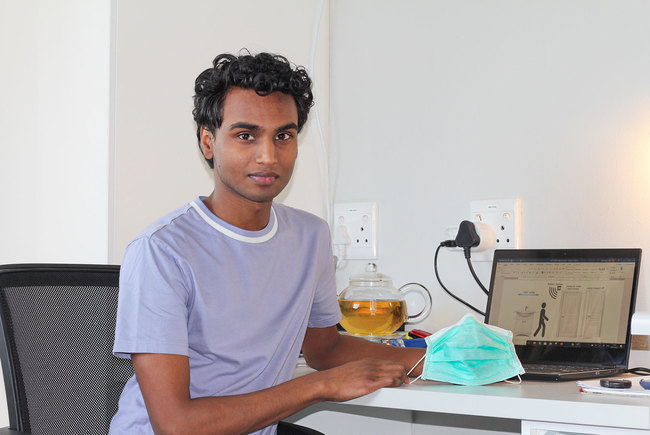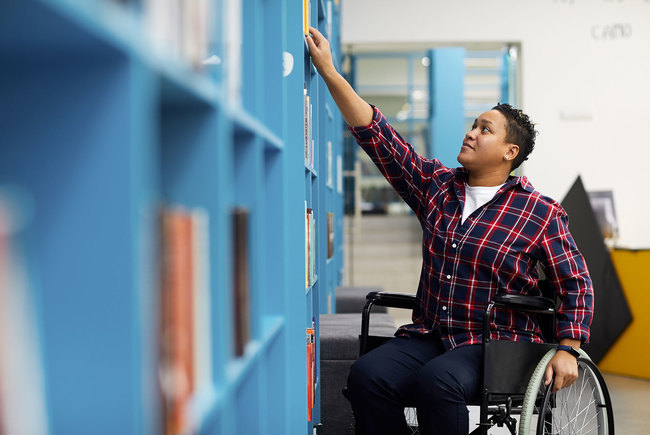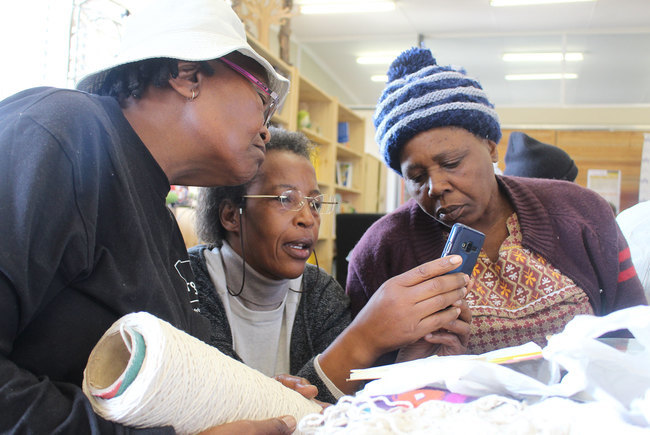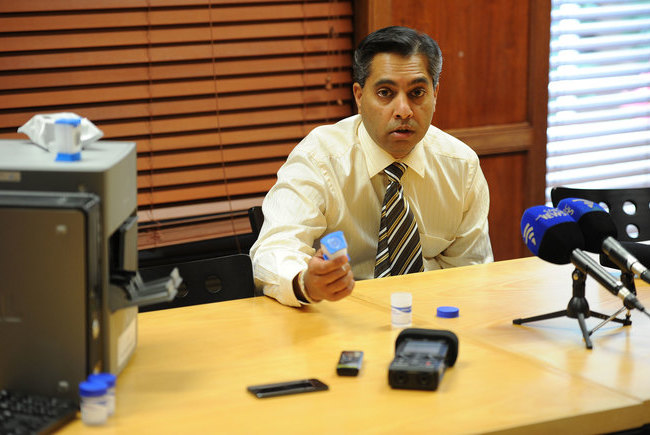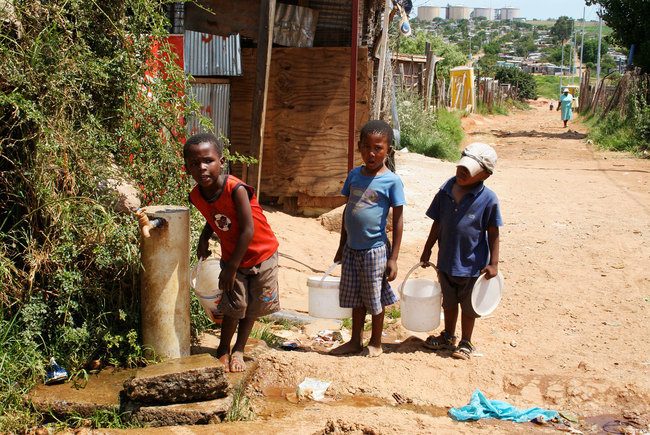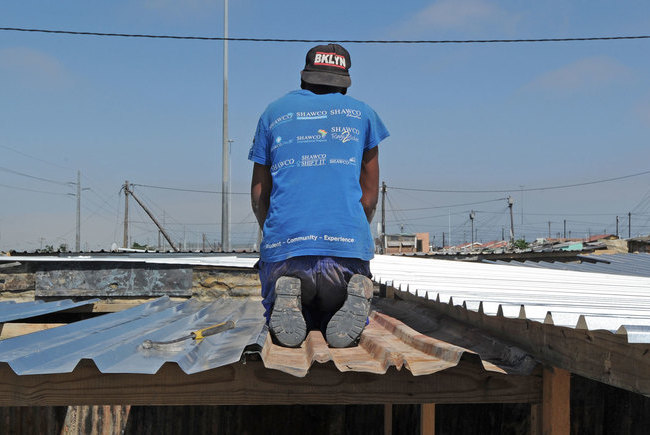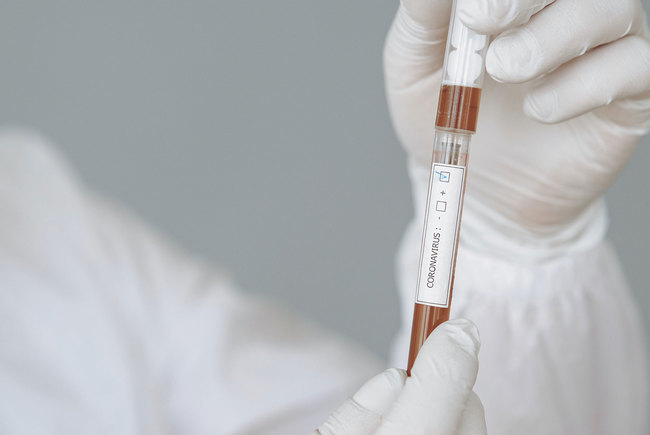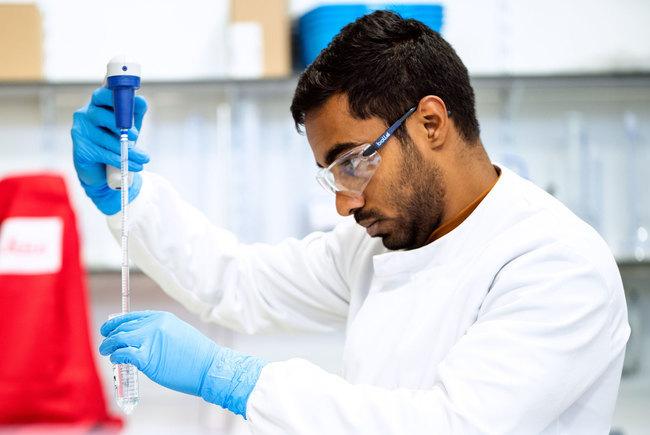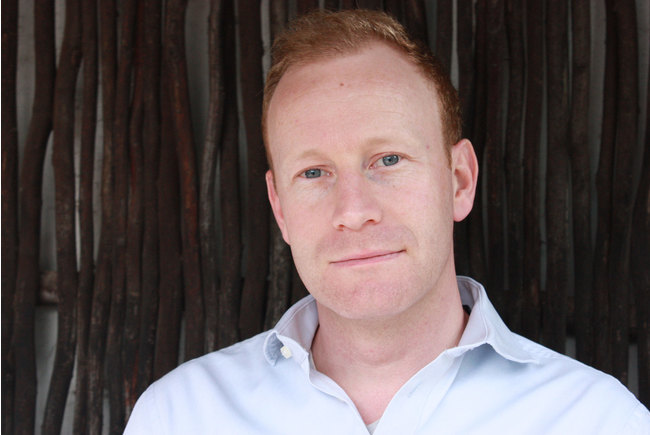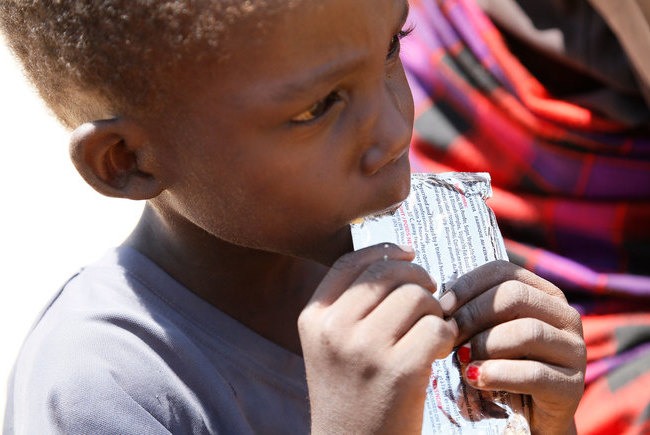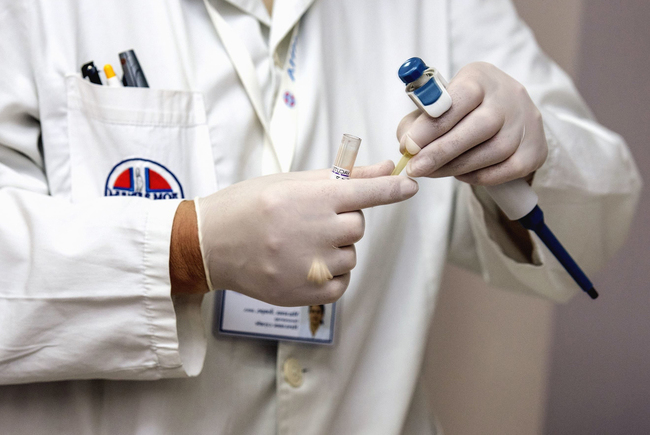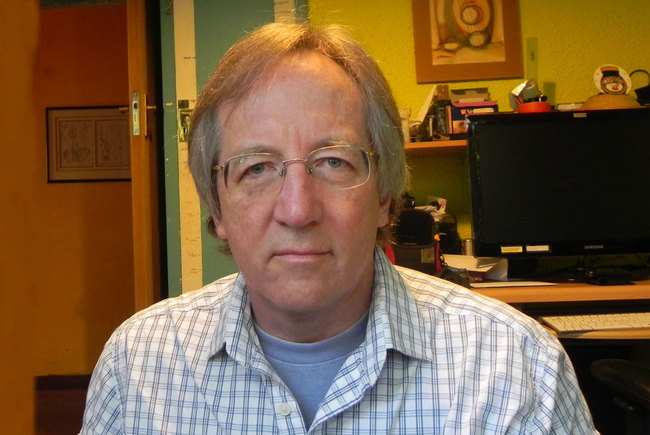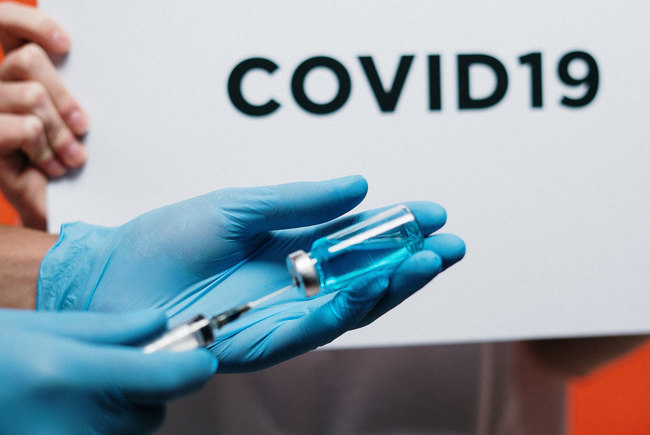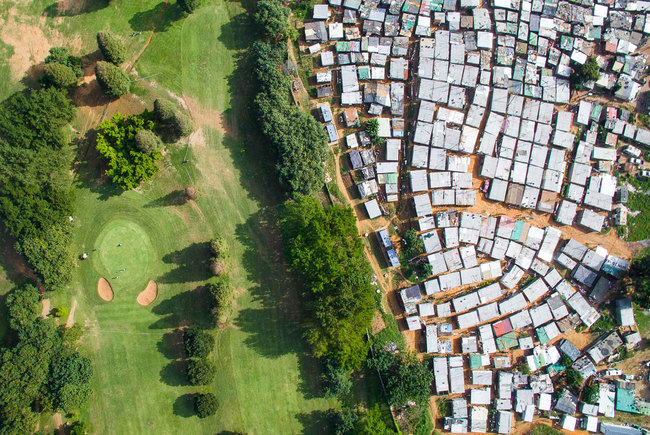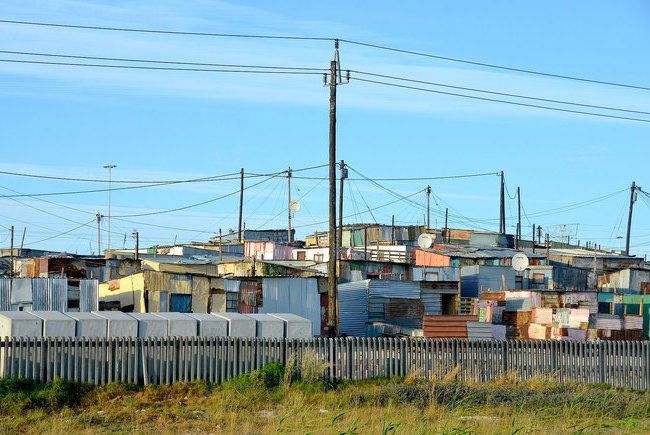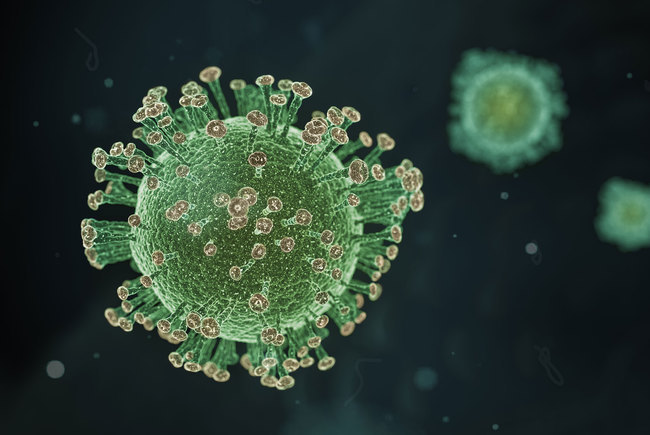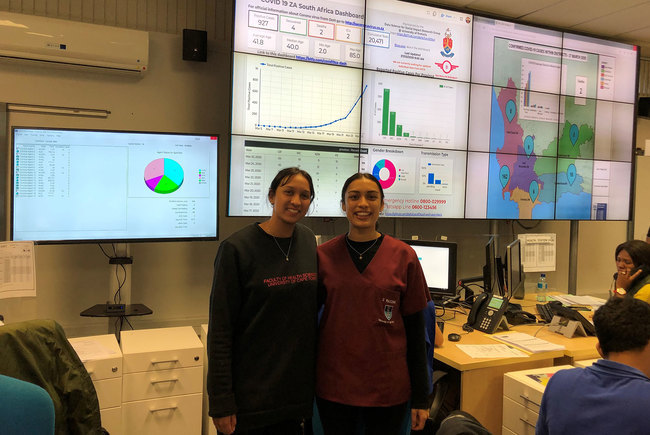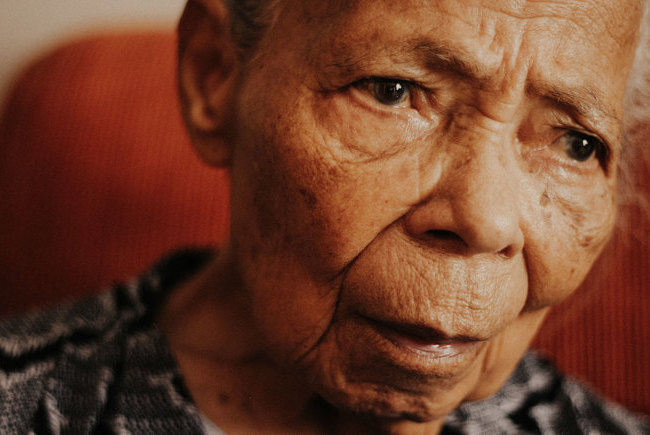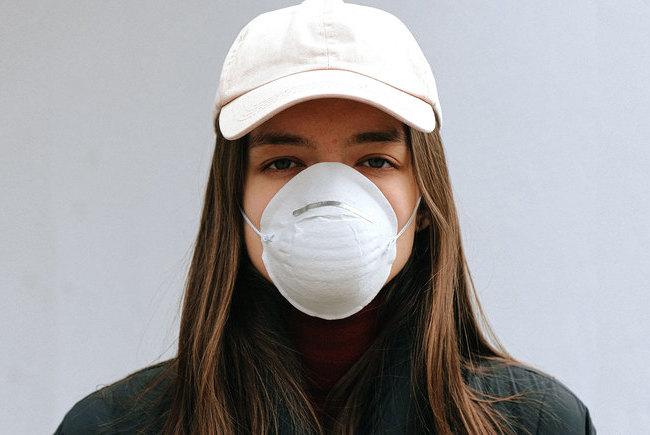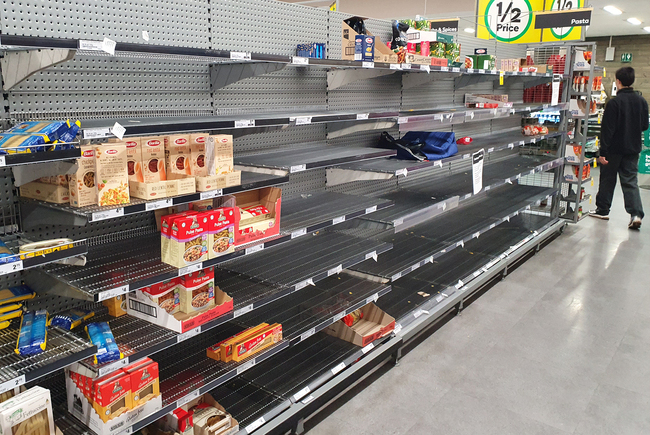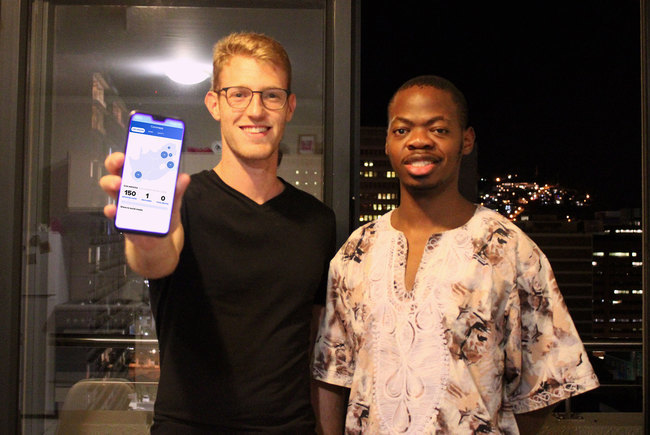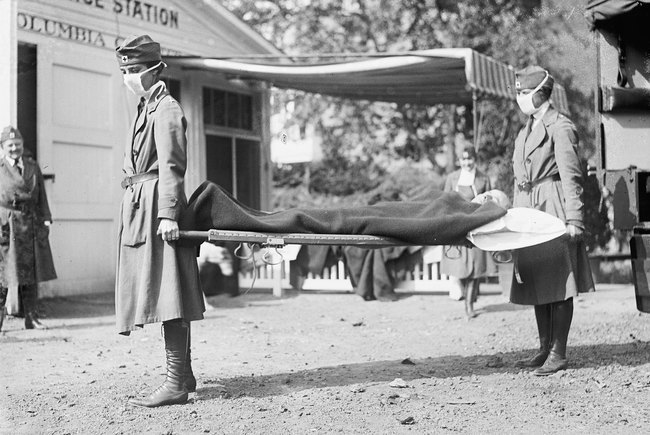Phased return to campus planned
19 May 2020 | Story Kim Cloete. Photo Lerato Maduna. Read time 6 min.
The University of Cape Townʼs (UCT) chief operating officer, Dr Reno Morar, has assured staff members that their return to work on campus will be done in a phased process that will be very organised and controlled.
Morar was speaking at a special online assembly on 14 May, hosted by Vice-Chancellor Professor Mamokgethi Phakeng. He also assured the 3 000 staff members who participated in the assembly that UCT would continue to pay their salaries during the COVID-19 period as part of the university’s commitment to its own social sustainability as well as its commitment to staff members.
He used the example of three gates that needed to be “unlocked” as the university gradually considered moving from remote working to working on campus. In this process, UCT would follow the directives, guidelines and prescripts of President Cyril Ramaphosa and the departments of Higher Education and Training, Health, and Science and Technology, as well as the National Institute for Communicable Diseases.
“As those gates get unlocked, so the next level of gates open, and that is at provincial and Cape metropolitan levels and local level. The third gate is UCT,” he said, adding that a phased approach was essential.
“We have an absolute commitment to ensure that we balance the health needs of our community with the operational needs of the university.”
A phased approach
“We have an absolute commitment to ensure that we balance the health needs of our community with the operational needs of the university and hence the need to have a phased approach to return to work.”
This gradual and staggered return would need to take into account “that there are different parts of our work and our operations that can be unlocked over the next days, weeks and months”.
“It is critical that in adopting the phased approach, we continue to look at the health of not only our operations, but also the health and safety of our staff.”
According to Morar, planning includes doing a risk assessment at departmental, unit and operational levels, and will examine the need for personal protective equipment and screening procedures. It will also be crucial to consider not only the different areas of the university, but also a range of age groups with different comorbidities and immunity.
“All of that will need to be taken into account as we return in a very phased and organised and principled way.”
The UCT executive have received advice from a number of working committees, including the Health Advisory Committee, the COVID-19 Coordinating Committee and the business continuity committee, which helped them to plan the continued operations of the university.
“The decisions we make on our financial sustainability today and tomorrow need to be able to carry us through the storm.”
Achieving a balance
UCT echoed the state of the country, he said, and the need to balance the fears, anxieties and aspirations on the health side with the fears, aspirations and needs on the operational side.
Morar acknowledged the challenges many staff members were facing as they adapted to working remotely and trying to achieve a work/home balance, particularly those who need to look after children. He said it required leaders and managers to work together with staff to ensure fairness.
“I think self-preservation and self-care is probably most acute at this time.”
He noted that it was very difficult for some staff members to carry out their jobs, particularly those that required them to be on campus. He encouraged staff to engage with their line managers and design appropriate ways of working.
“We continue to appeal to managers and supervisors to work very, very closely with staff to make sure that what is needed is being done, but to also show the necessary care and concern to be able to manage these difficult tasks that we face.”
Financial sustainability
UCT has been working on financial sustainability and looking at financial modelling during this critical COVID-19 time, which experts have warned may stretch into 2021 and probably into 2022.
“The decisions we make on our financial sustainability today and tomorrow need to be able to carry us through the storm,” said Morar.
He added that UCT had fortunately managed its finances well, in terms of its policy on finance and its financial management approach. In this uncertain environment, he said, the executive would continue to engage with the university community on the institutionʼs financial sustainability.
Thank you to staff
He reminded staff members to view this pandemic as a marathon, rather than a sprint, and thanked them for going the extra mile at work and in their communities.
“I continue to be amazed at the extent to which staff have committed themselves to work in the best interest not only of the university, but also in their communities and beyond.
“During these extraordinary times, colleagues have done extraordinary things, from being involved in community action networks at community level through to working on campus and also in advising the president as well as international advisory panels.”
 This work is licensed under a Creative Commons Attribution-NoDerivatives 4.0 International License.
This work is licensed under a Creative Commons Attribution-NoDerivatives 4.0 International License.
Please view the republishing articles page for more information.
Coronavirus Disease 2019 updates
COVID-19 is a global pandemic that caused President Cyril Ramaphosa to declare a national disaster in South Africa on 15 March 2020 and to implement a national lockdown from 26 March.
UCT is taking the threat of infection in our university community extremely seriously, and this page will be updated regularly with the latest COVID-19 information. Please note that the information on this page is subject to change depending on current lockdown regulations.
Frequently asked questions
Daily updates
Campus communications
2020
Resources
Video messages from the Department of Medicine
Getting credible, evidence-based, accessible information and recommendations relating to COVID-19
The Department of Medicine at the University of Cape Town and Groote Schuur Hospital, are producing educational video material for use on digital platforms and in multiple languages. The information contained in these videos is authenticated and endorsed by the team of experts based in the Department of Medicine. Many of the recommendations are based on current best evidence and are aligned to provincial, national and international guidelines. For more information on UCT’s Department of Medicine, please visit the website.
To watch more videos like these, visit the Department of Medicine’s YouTube channel.
Useful information from UCT
External resources
News and opinions
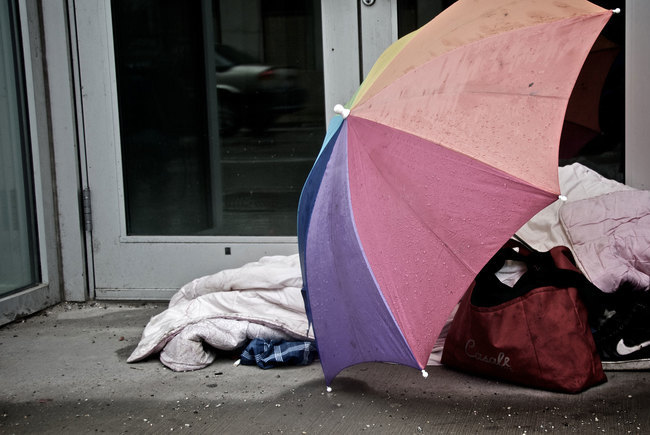
As the COVID-19 crisis drags on and evolves, civil society groups are responding to growing and diversifying needs – just when access to resources is becoming more insecure, writes UCT’s Prof Ralph Hamann.
03 Jul 2020 - 6 min read Republished
The Covid-19 crisis has reinforced the global consequences of fragmented, inadequate and inequitable healthcare systems and the damage caused by hesitant and poorly communicated responses.
24 Jun 2020 - >10 min read Opinion
Our scientists must not practise in isolation, but be encouraged to be creative and increase our knowledge of the needs of developing economies, write Professor Mamokgethi Phakeng, vice-chancellor of UCT, and Professor Thokozani Majozi from the University of the Witwatersrand.
09 Jun 2020 - 6 min read Republished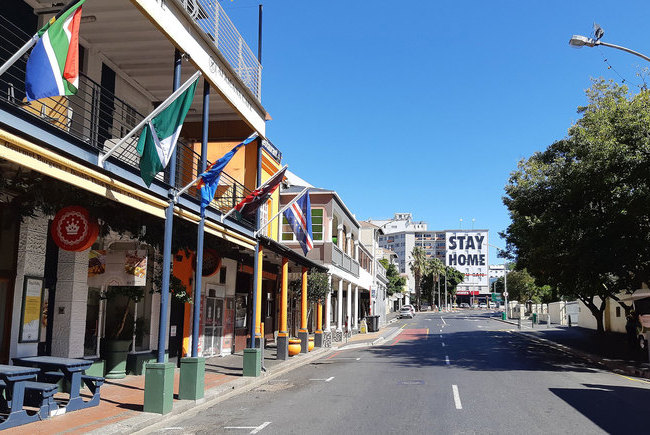
South Africa has been recognised globally for its success in flattening the curve, which came as a result of President Ramaphosa responding quickly to the crisis, writes Prof Alan Hirsch.
28 Apr 2020 - 6 min read RepublishedStatements and media releases
Media releases
Read more
Statements from Government
In an email to the UCT community, Vice-Chancellor Professor Mamokgethi Phakeng said:
“COVID-19, caused by the virus SARS-CoV-2, is a rapidly changing epidemic. [...] Information [...] will be updated as and when new information becomes available.”
We are continuing to monitor the situation and we will be updating the UCT community regularly – as and when there are further updates. If you are concerned or need more information, students can contact the Student Wellness Service on 021 650 5620 or 021 650 1271 (after hours), while staff can contact 021 650 5685.












